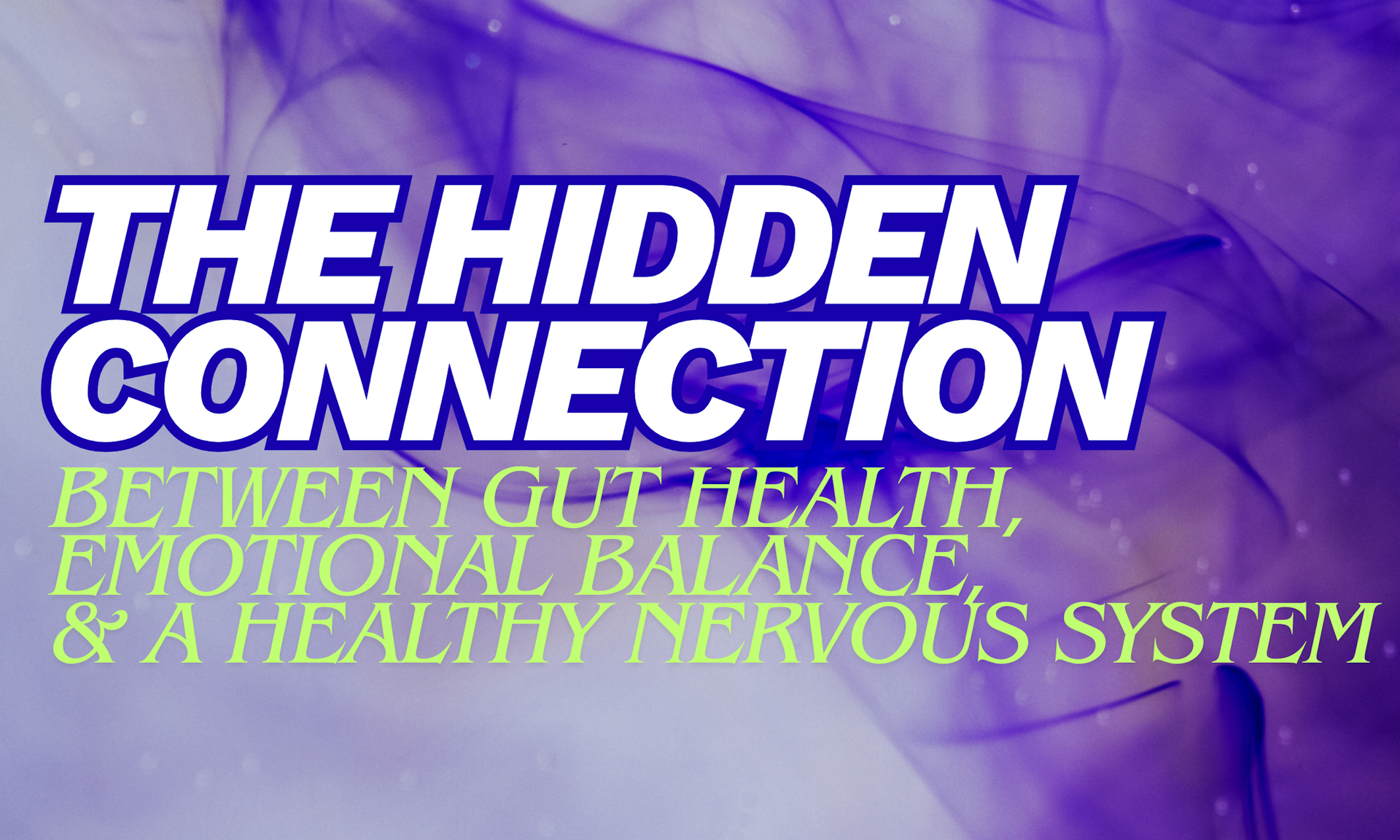Avoid Cold, Flu and Virus Symptoms
Do you want to stay well during the cold and flu season?

Cold, Flu and Virus Symptoms
Typically, the cold and flu season arrives in the United States around October and tends to stay until May, peaking between December and February. Some years are worse than other years, in terms of number of people affected and the severity of the illness.
Cold vs. Flu, What's the Difference?
The common cold and the flu (influenza) often share many of the same symptoms, so it can be difficult to tell them apart. The flu is generally worse than the common cold, and those suffering from the flu will typically have symptoms such as fever, body aches, fatigue and dry cough. Symptoms for the common cold are usually runny nose, congestion and sneezing. Both conditions are common, contagious, short-term and typically self-treatable.
High-Risk Flu Patients
Young children, elderly, pregnant women and those with chronic disease or a weakened immune system are considered high-risk for influenza and complications, and they should consult their doctor if they are experiencing flu-like symptoms.
Understanding Viral vs. Bacterial Infections
Bacteria are typically harmless and at times even helpful, while most viruses cause disease. Viruses hijack your normal cells and use them to multiply. Some common viruses are cold and flu—these types of infections cannot be treated through use of antibiotics.
Some common bacterial infections are strep throat and urinary tract infections. Bacterial infections can be treated with antibiotics, but as antibiotic usage has become widespread, some strains of bacteria are becoming antibiotic-resistant. This poses certain risks and indicates that use should be limited. Other common infections like pneumonia, ear infections and sinusitis, can be bacterial or viral.
Treating Cold and Flu Symptoms
Many people turn to over-the-counter medications to mask the symptoms of the cold and flu, but often these medications come with other side effects and may or may not relieve the symptoms.
The Lymphatic System, the Central Nervous System and Chiropractic
One of the critical systems of the body is the lymphatic system, which is a network of organs, lymph nodes, lymph ducts and lymph vessels that move lymph (clear/white fluid made of white blood cells and chyle) from tissues to the bloodstream. This system is a major and important part of the immune system; the lymph nodes of the body (people have between 501 and 700 lymph nodes) make immune cells to help fight infection.
Lymph is transported throughout the body by the musculoskeletal system; to put it simply, it's transported through the motions and contractions of the muscles. We also know through a study published in Nature in June of 2015 that the central nervous system (the brain and the spinal cord) is connected to the lymphatic system.
These connections between the musculoskeletal system, central nervous system (the brain and the spinal cord) and lymphatic system help to explain how a chiropractic adjustment can improve the function of the immune system. The chiropractic adjustment removes subluxations in the spine, which occur when a vertebrae or vertebras move out of position and can prevent proper communication within the central nervous system. Subluxations can also thwart movement in the musculoskeletal system.
Prepare for the flu, colds, and viruses and schedule an appointment with Dr. Diana today.
Make an appointment by calling or texting: (602) 524-0222 to talk to Dr. Diana about chiropractic and cold, flu and virus symptoms.





